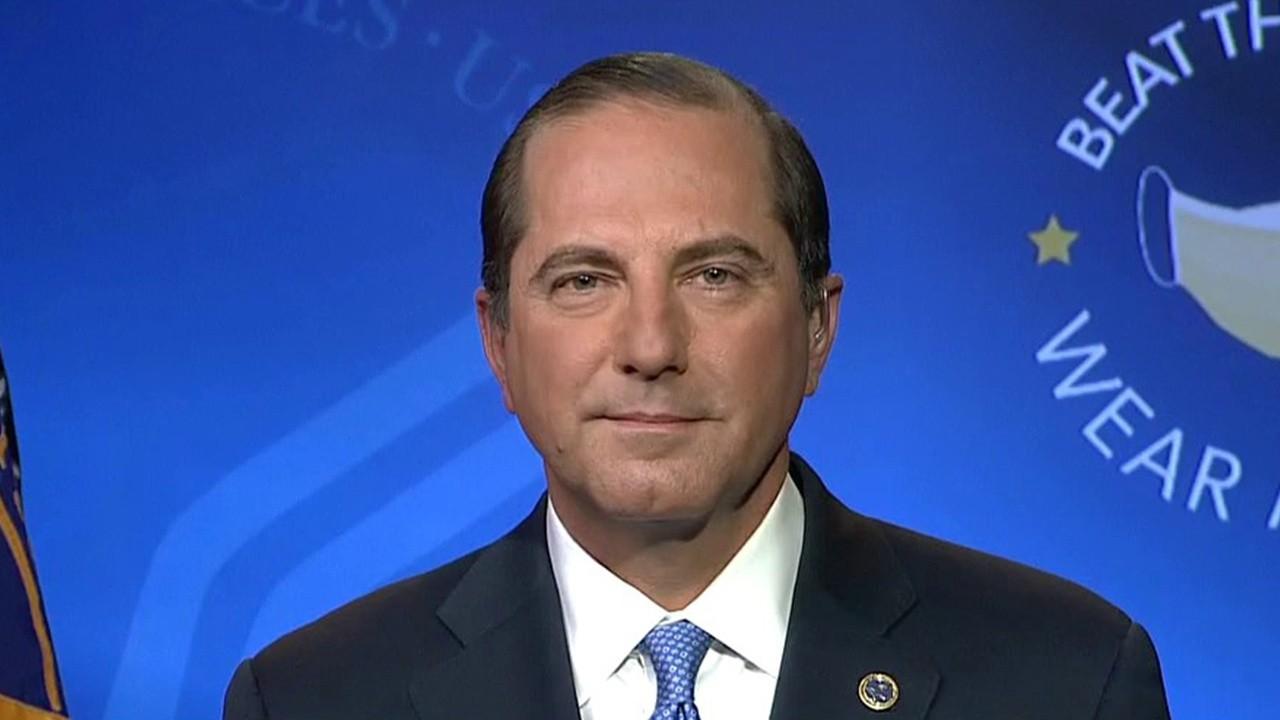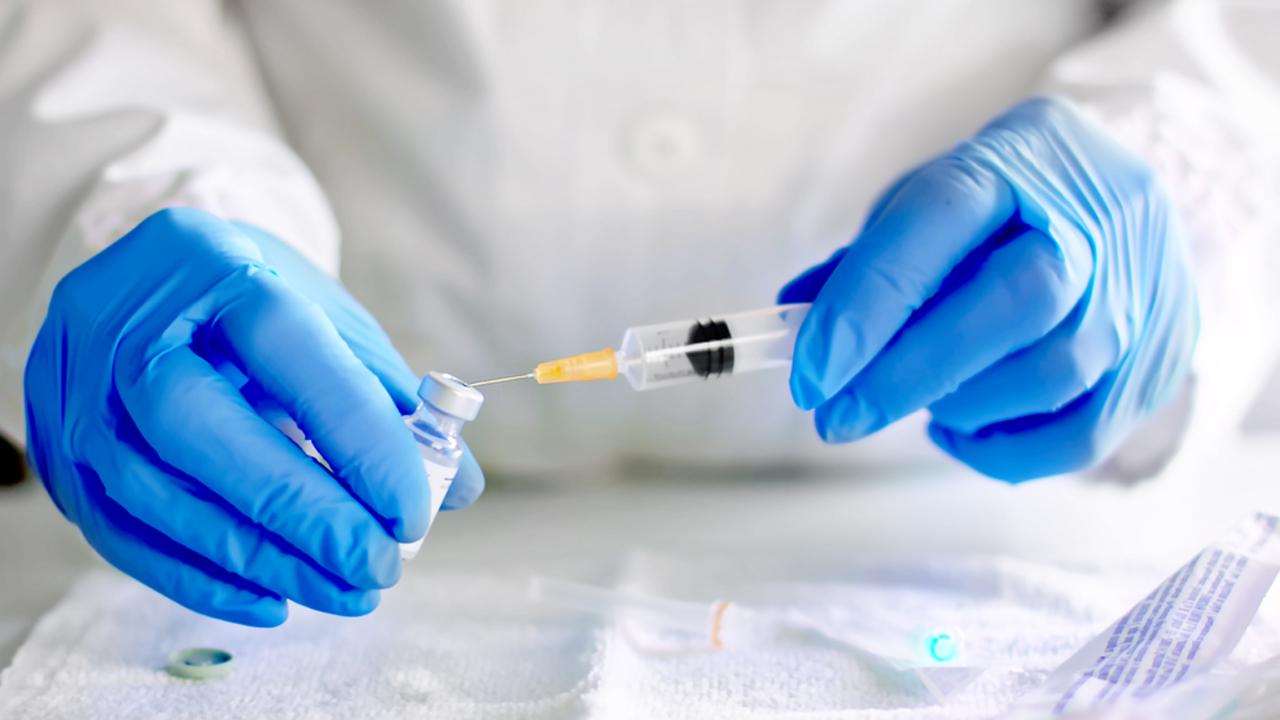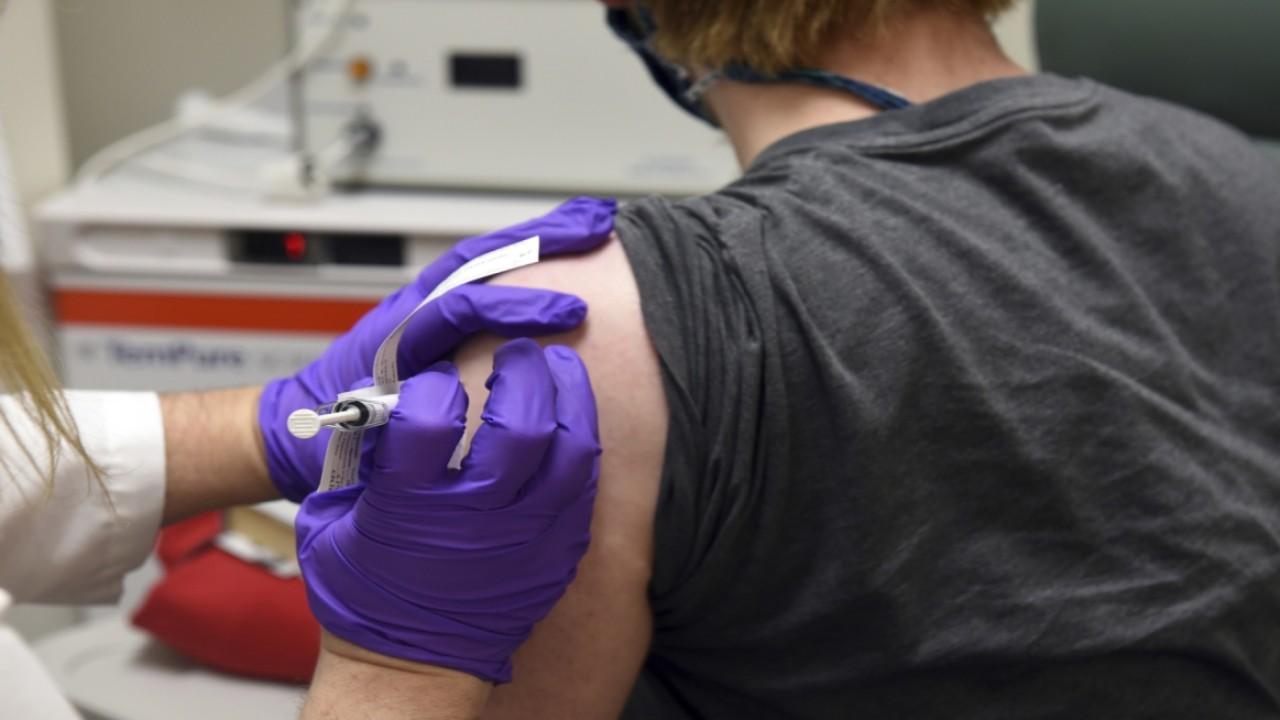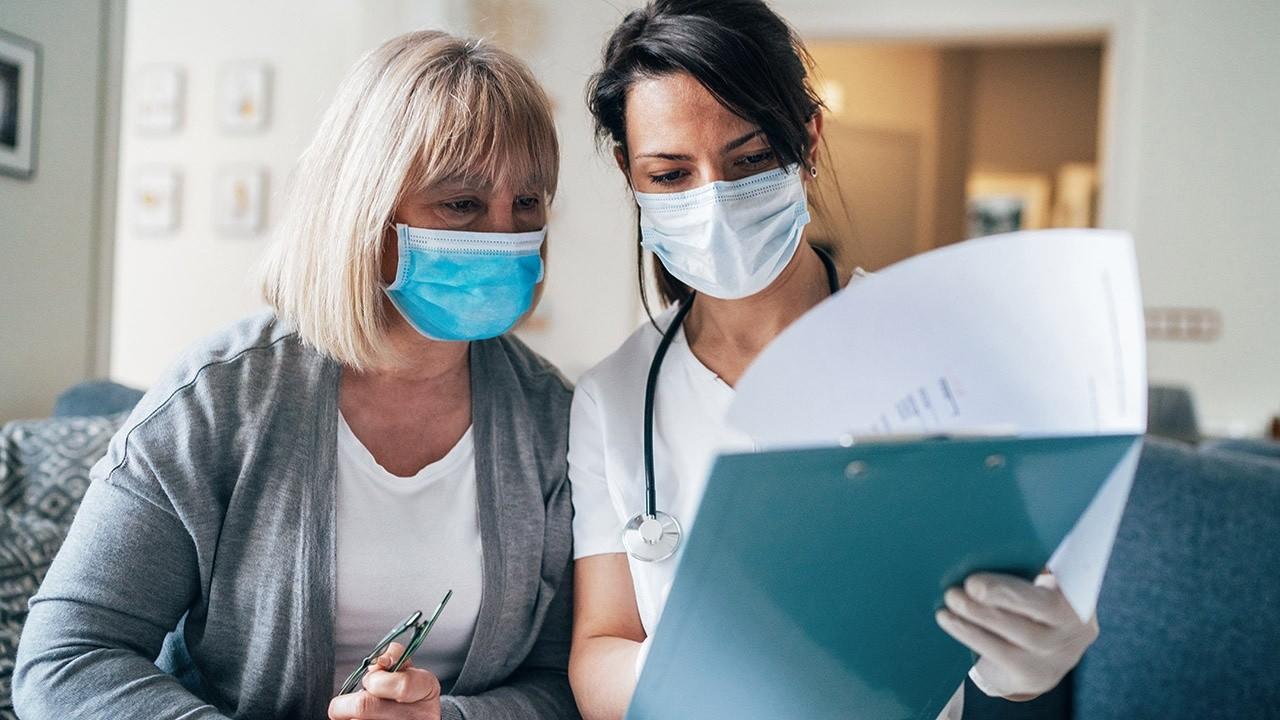A COVID vaccine is closer today because of Pfizer, Moderna and others. Let's give thanks for that
We should be grateful for the innovation and that generous spirit of corporate service shown by Pfizer and others
President Trump took aim at the pharmaceutical industry Friday, ironically only hours after drug manufacturers Pfizer applied for Food and Drug Administration emergency use authorization for its highly anticipated COVID-19 vaccine.
Within the last two weeks, pharmaceutical giants Pfizer and Moderna have both announced safe and successful Phase 3 coronavirus vaccine trials, buoying investors and providing the public with hope for a way to end the pandemic that has claimed over 1.3 million lives around the world — including over 254,000 in the U.S. — and devastated the global economy.
"This is a historic day, a historic day for science and for all of us,” Pfizer CEO Albert Bourla said Friday. “It took just 248 days to get from the day we announced our plans to collaborate with BioNTech to our FDA submission day.”
Late on Friday the FDA released plans to host a public advisory committee meeting on Dec. 10 to discuss the emergency application for use of the vaccine, a move designed to provide as much transparency to the public as possible.
In announcing actions from the White House designed to lower the cost of prescription medication, President Trump was fulfilling an earlier pledge and promise to bring more affordable health care to the American people.
While praising the incredible innovation and expertise of drug makers throughout the now eight-month pandemic, Trump hasn’t hesitated to also call them out for what he’s deemed practices and policies that harm consumers.
Alluding to this uneven relationship with “big pharma” during his remarks, Trump said that “the drug companies don’t like me too much.”
In addition, the president accused the drug companies Friday of withholding the promising news about their vaccines before Election Day Nov. 3 to hurt his chances of reelection.
“Pfizer and others even decided to not assess the results of their vaccine, in other words not come out with the vaccine, until just after the election,” Trump claimed.
Both Pfizer and Moderna have denied any political motivation, instead citing the already accelerated process.
BECAUSE OF CORONAVIRUS, MORE SENIORS WANT IN-HOME CARE: BUT WHERE ARE THE CAREGIVERS?
Other drug companies — including Johnson & Johnson — are expected to announce results of additional COVID-19 vaccines very soon.
Pharmaceutical companies have been in the crosshairs of politicians and pundits for years, regularly criticized and accused of hiding unfavorable data, enabling the opioid prescription drug crisis, cozying up to doctors or gouging the wallets of ordinary Americans.
In many ways, “Big Pharma” has been maligned and skewered for being the metaphorical equivalent of Gordon Gecko — the fictional character played by Michael Douglas in the 1987 movie “Wall Street”— a film about greed and wanton excess.
Every company contains a mixture of saint and sinner, but denigrating pharmaceutical companies as a whole is a bum rap — and a dangerous practice.
Have there been examples of people within the industry pursuing profit at the expense of principle? Sure. But to quote James Madison in the Federalist Papers: “If men were angels, no government would be necessary. If angels were to govern men, neither external nor internal controls on government would be necessary.”
I’m grateful President Trump didn’t allow his ongoing frustrations with “Big Pharma” to get in the way of empowering the drug companies to pursue a coronavirus vaccine in short order. The president was scoffed at for suggesting it could be done. But his confidence and belief in big business won the day. I believe it will be the crowning achievement of his administration.
GET FOX BUSINESS ON THE GO BY CLICKING HERE
My father and brother both spent their careers at Pfizer — the drug behemoth that began in 1849 in a small red brick building in the New York City borough of Brooklyn.
Pooling resources totaling $2,500, Charles Pfizer, a chemist, and his brother-in-law Charles Erhart, a confectioner, began the company with the intent of selling medicinal preparation products to the wholesale drug industry. They soon pioneered the production of citric acid. Out of need and opportunity, the small start-up quickly grew and expanded.
Today, Pfizer is the largest research-based drug company in the world, producing a wide range of everyday medicines that improve our quality of life, including Lipitor (cholesterol reducing), Zoloft (anti-depressant) and many over-the-counter products including Listerine and Sudafed.
While the United States is responsible for the lion’s share of the world’s pharmaceutical innovation, the broader industry employs over 4.4 million people around the globe.
In his 44-year career with Pfizer, my dad rose through the ranks to oversee the purchasing of the raw ingredients for many of the company’s medicines. The role took him around the world, from Europe to Asia. He always said how proud he was to work for a company that was helping others, solving people’s problems by improving their physical and emotional welfare.
“He who has health, has hope; and he who has hope, has everything,” he liked to say, quoting Thomas Carlyle, the 19th century British philosopher.
Pfizer and many other pharmaceutical companies are highly successful businesses, but profit isn’t their only motive — and likely not the primary one. In the lobby of the company’s Manhattan headquarters, there used to be a sign heralding its mission: “Science for the world’s well-being.”
As the world awaits distribution of COVID-19 vaccines from Pfizer and other companies, we should be grateful for their innovation and that generous spirit of corporate service.
Paul J. Batura is a writer and the author of seven books, including, “GOOD DAY! The Paul Harvey Story.” He can be reached on Twitter @PaulBatura or by email at Paul@PaulBatura.com.























